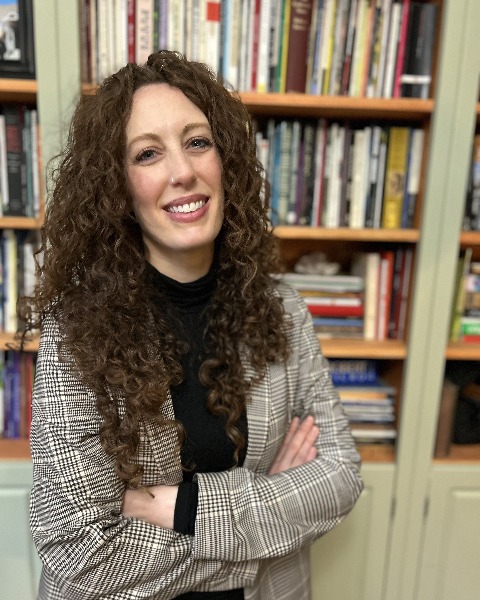Paper Presentation
Diversity, Disparity, and Inclusion
Session: Approaches for Supporting Health Equity
Do No Harm: Adopting a Community-Engaged Approach to Medical Education to Combat Ableism, Stigma, and the Dehumanization of People with Disabilities
Saturday, September 21, 2024
2:00 PM – 3:00 PM CT
Location: New York/Illinois Central (Second Floor)
Keywords: Medical Education, Community-Engaged Curriculum
Abstract: Interdisciplinary scholars and activists working in disability studies have long catalogued the dehumanization, stigma, and even violence experienced by people with disabilities (PWD) in healthcare spaces, resulting in limited access and profound heath disparities for this population. Among the greatest barriers to care for PWD are provider ableism, which has manifold repercussions for patient care, and communication barriers between providers and PWD, both of which are compounded by inadequate and non-standardized medical education pertaining to caring for PWD. This paper argues for a community-engaged approach to developing medical curriculum, one that elevates the experiences and expertise of PWD through the inclusion of patient panels, simulated patient encounters, personal and literary narratives, scholarly work in disability theory, and a community advisory board that reviews and suggests revisions to the disability-focused curriculum. Drawing on research that demonstrates both the widespread lack of formal medical training in disability and the value of longitudinal training, as well as the health disparities experienced by PWD, the paper begins by establishing the urgent need for improved curricular approaches. The paper next describes and offers actionable curricular design tips drawn from the authors’ efforts to develop a novel disability curriculum rooted in scholarly approaches from the health humanities and disability theory, guided by the ideals of disability humility, and committed to community engagement. This approach strives to align medical education with community needs and priorities, decentering the medical model of disability and thereby disrupting longstanding patterns of interpersonal and structural ableism experienced by PWD in healthcare settings.
Learning Objectives:
After participating in this conference, attendees should be able to:
- Identify the gaps in standard medical education related to disability that perpetuate stigma, discrimination, and health disparities for people with disabilities.
- Utilize strategies for engaging local disability community members in the design, implementation, and assessment of disability-focused medical education.
- Develop inclusive and intentionally anti-ableist medical training activities informed by the health humanities, disability theory, and disability humility.
Rebecca Fischbein, PhD – Assistant Professor, Family and Community Medicine, Northeast Ohio Medical University

Rachel Conrad Bracken, PHD (she/her/hers)
Assistant Professor
Northeast Ohio Medical University
Rootstown, Ohio
